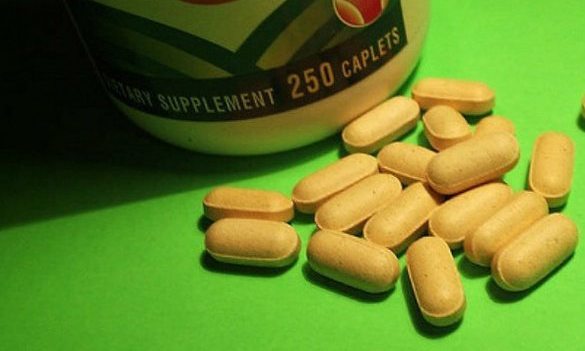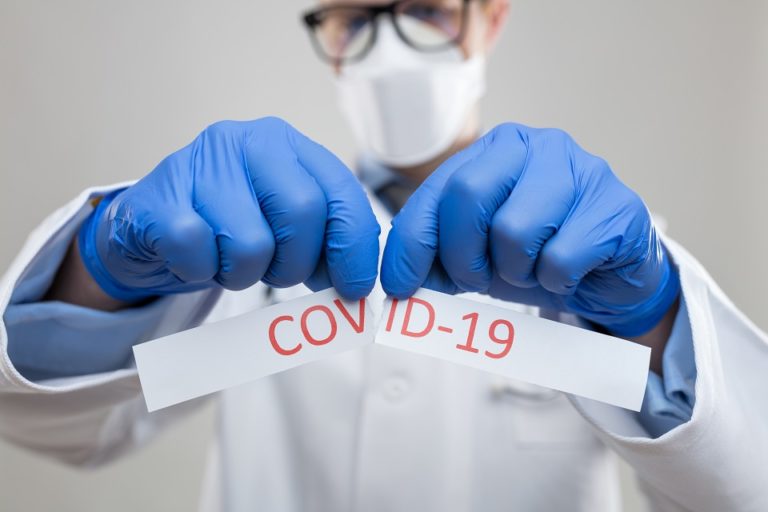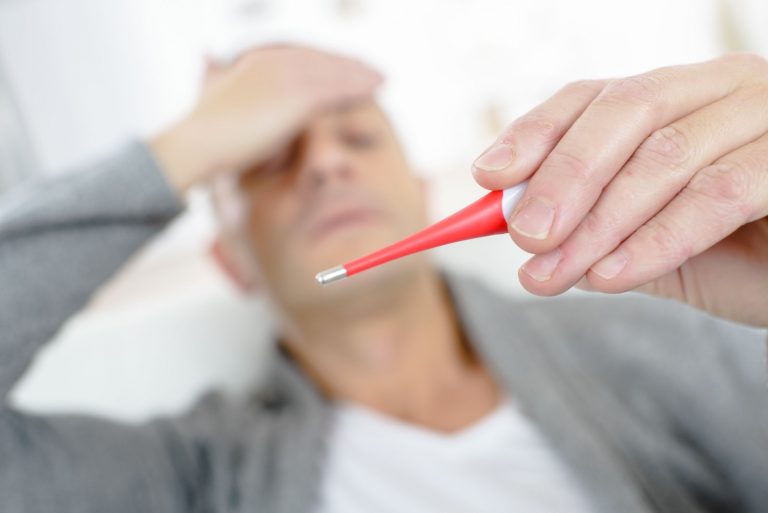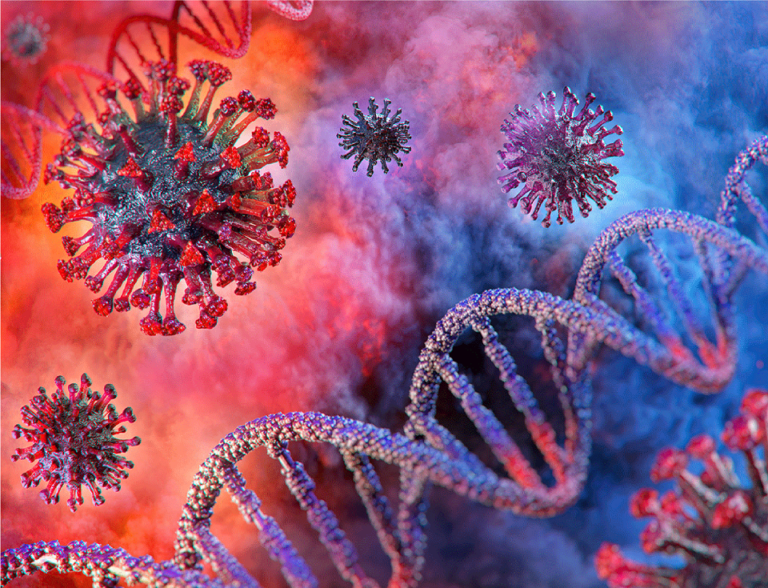
According to several doctors, people who are infected with this disease should ask themselves what things in their bodies are actually responsible for their imbalances. Once those are figured out, they can work towards their overall well-being.
Even though it takes a lot of time to find and eliminate the root cause of this health condition, it is important to do so, in order for the patient to get their lives back.
If you are curious to find out what small changes you can do in order to solve this problem, here is what you should know:
- Adopt an anti-inflammatory diet, based on whole foods – eat more foods that are going to support your immune system, such as leafy greens, wild-caught fish, and nuts. If you want to add more flavor to your foods, make sure to add turmeric to your meals, because it’s rich in antioxidants and it gives a special taste. Besides that, don’t forget to avoid foods that are not good for you as much as you can, such as corn oils and sugar. You can still consume them but in moderation.
- Go to the doctor for regular check-ups – it is always good to go to the doctor for a periodical check-up. A functional medicine practitioner can be a good place to go to find out if you have any viruses, bacteria, or yeast in your body.
- Get tested – no, we are not talking about getting tested for Covid-19. You can take a simple blood test that can be used by a doctor in order to help diagnose if you have celiac disease or not. This health condition appears when your body is reacting negatively because of gluten consumption.
- IgG food testing – you can go to a functional medicine cabinet to get tested for any unknown food allergies, such as dairy, soy, or gluten.
- heavy metal toxicity – there are many metals, such as mercury, arsenic, cadmium, and chromium, that can be a major risk factor for autoimmunity. Make sure you get checked out for these as soon as you can.

























